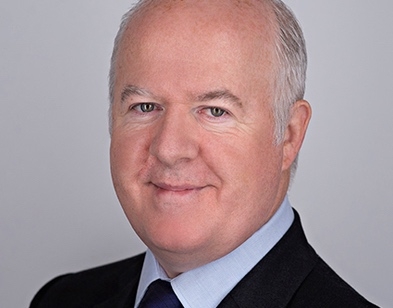
It's positive that many financial advisers are seeing the FCA’s advice/guidance boundary review as more of an opportunity than a threat.
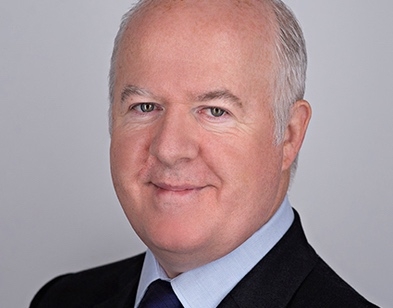
A lot of what Financial Planners do is related to tax or, to be more realistic, the avoidance of tax. With current trends it looks like they will never run out work.
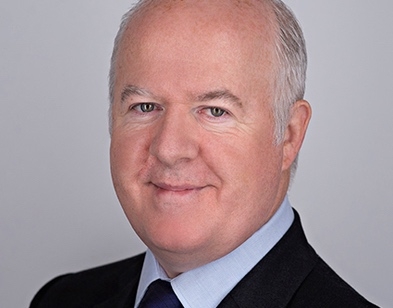
Now the dust is beginning to settle on the election, Labour has to turn to the serious work of implementing its manifesto promises.
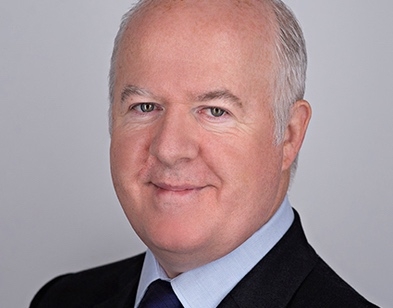
The soaring cost of regulation came home with a thump with a report this week from the FCA that its average salary is now over £71,000 a year - more than double the mean UK average.
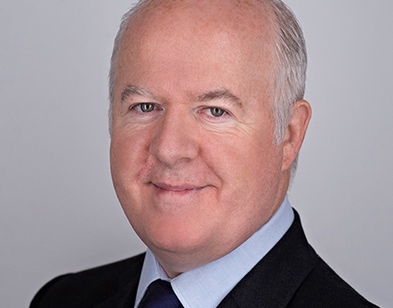
There is little doubt that the pandemic, followed by the cost of living crisis, has turned retirement planning on its ahead.

Almost half (49 per cent) of Paraplanners believe that their roles are "poorly defined", research from the Lang Cat consultancy has shown, writes Chartered Financial Planner and Paraplanner Judy Tennant.

Below I share four reasons why I believe Financial Planners should be focusing more on client philanthropy and the benefits it can bring, writes Progeny Financial Planner Richard Gilham.

A new cross-sector Retirement Income Taskforce (RIT), supported by the Consumer Duty Alliance (CDA), is being launched to collectively tackle the mounting and multiple challenges facing the public and sector alike, writes Keith Richards, CEO of the Consumer Duty Alliance.
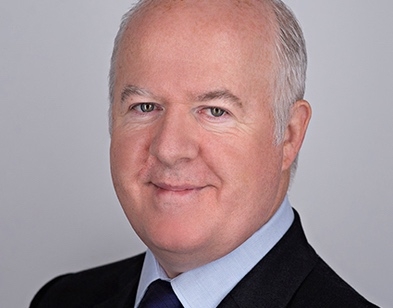
I never thought I’d see former professional footballers march through central London to protest about financial scams and poor regulation but that’s exactly what happened this week.